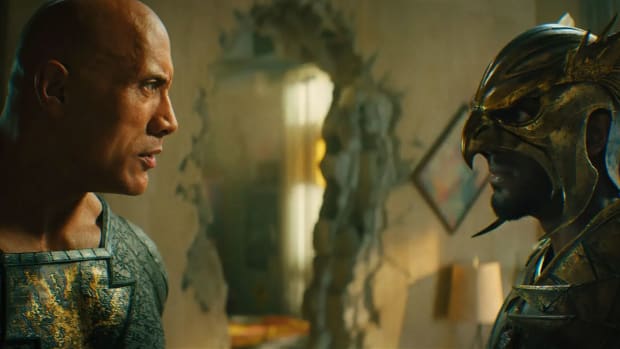
Last year, the merger between Warner Bros. and Discovery was completed, resulting in a brand new company called Warner Bros. Discovery, as well as a new regime.
The new CEO David Zaslav famously went on a cost-cutting spree across the Warner Bros. Discovery (WBD) corporate portfolio, cutting staff, canceling TV shows and even nearly completed movies such as "Batgirl." He also basically shuttered the idea of HBO Max making films for its streaming service.
DON’T MISS: One Very Necessary Expense May Squeeze Airlines Further
Zaslav announced that HBO Max would be merged with Discover+ into a super service designed to compete with Netflix. Many critics and pop culture obsessives voiced concern that Zaslav was destroying the HBO brand, one of the most storied legacies in all of media. He didn’t seem too concerned about naysayers though.
“With the major restructuring decisions behind us, this year we are focused on building and growing our businesses for the future, and we’re off to a great start," Zaslav said in a recent earnings call. "We’re seeing strong momentum across the enterprise, including our exciting long-term plans for DC Studios, the historic success of our latest HBO series 'The Last of Us,' the significant financial and operating gains in [Discovery tech arm] DTC, and the record sales of our newest game Hogwarts Legacy," he added.
“And with our unparalleled portfolio of assets and IP, a growing roster of exceptional creative talent, and some of the buzziest storytelling in the industry, we believe we have repositioned our businesses to take full advantage of the many opportunities ahead,” Zaslav said.

Warner Bros.
The Good News And the Bad News
So how are things at WBD now? Well, the bad news is that it’s not making any money, and had a number of high profile theatrical flops in the form of "Black Adam," which may have signaled the end of the DC Universe. But the good news is that, at least it’s losing less money?
In its recent fourth-quarter results, the company revealed a net loss of $2.1 billion, including $217 million from its streaming division. But that is an improvement from the third quarter, where it only gained 2.8 million subscribers rather than the anticipated net add of 3.27 million. WBD lost $2.3 billion and $3.4 billion in the third and second quarter of last year, so a loss of $2.1 billion doesn’t seem so bad from that perspective.
The company is expected to report earnings per share of $0.16 in its next release, which is expected in late April. that would be down 76.81% from the prior-year quarter. Revenue of $10.67 billion is expected.







